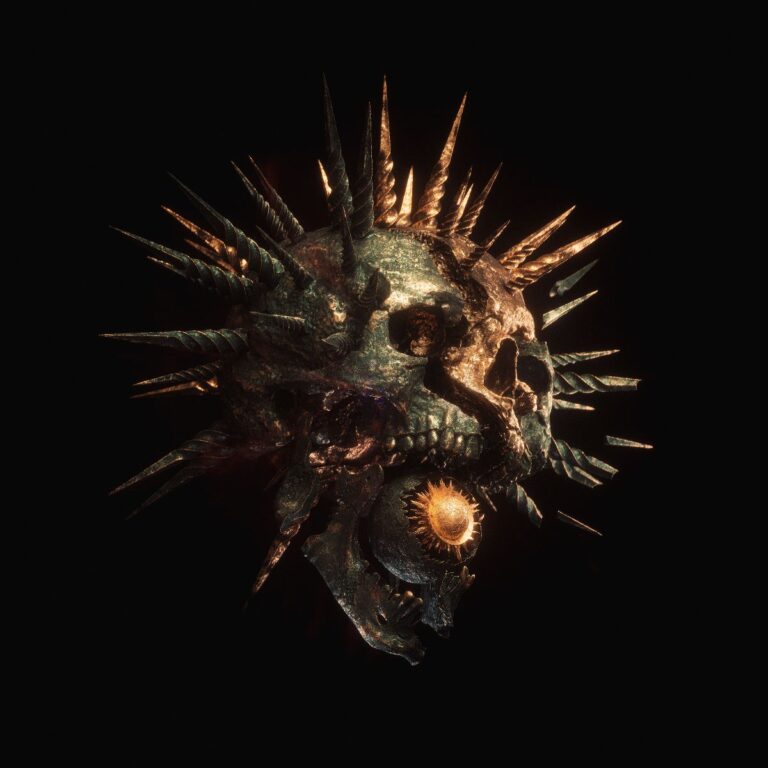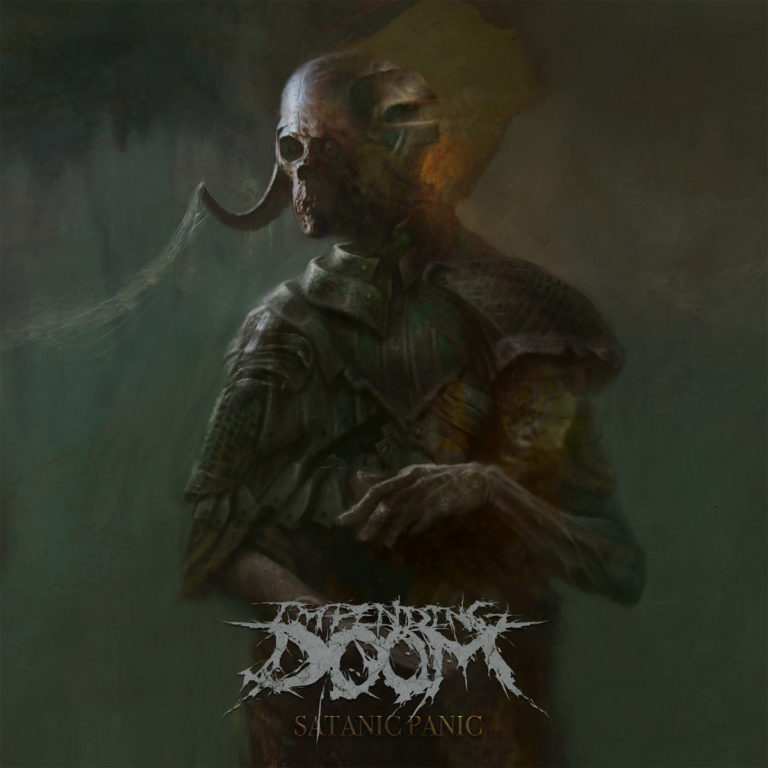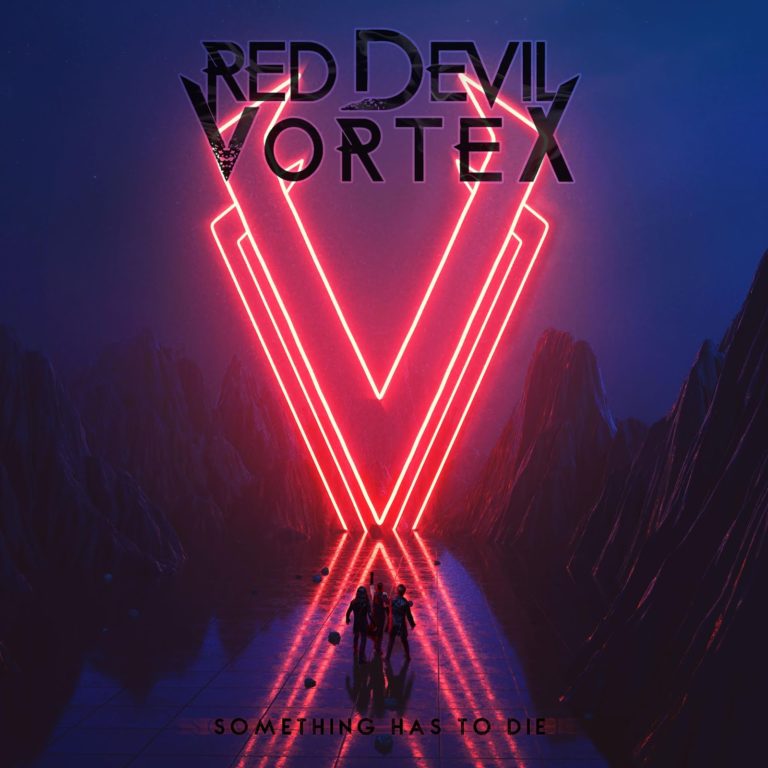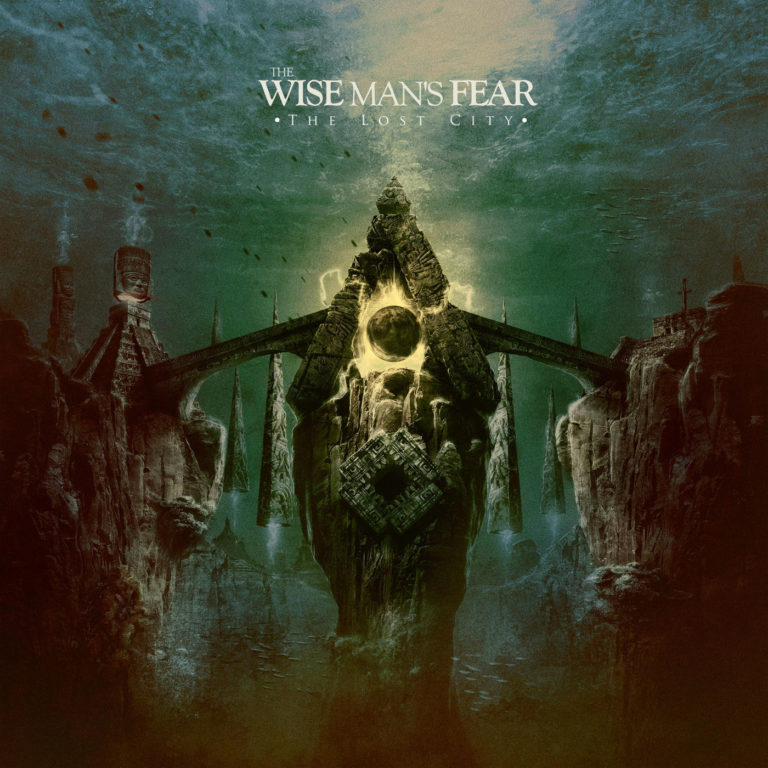Welcome back to my annual music countdown! As is tradition here on IC2S, I go back through...
demon hunter
Welcome back to my annual music countdown… and this year, I really overdid it. Back when I...
Surprise, surprise, the first half of 2021 was much like 2020 with lockdowns and social restrictions making...
It’s that time of year once again, when I look back on all of the random-ass, new...
I love to follow my favourite bands on Twitter and Instagram, it’s such a convenient way for...
Hey… it’s been a super long time since I made a post. Considering that I left shortly...
With 2013 just a few days away, I think it’s worth looking back on the year that...






